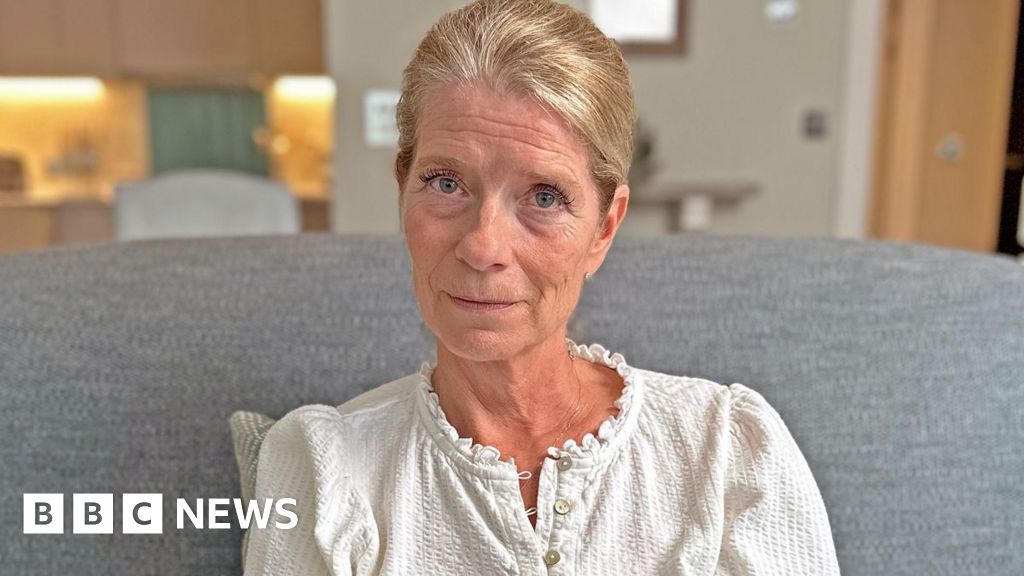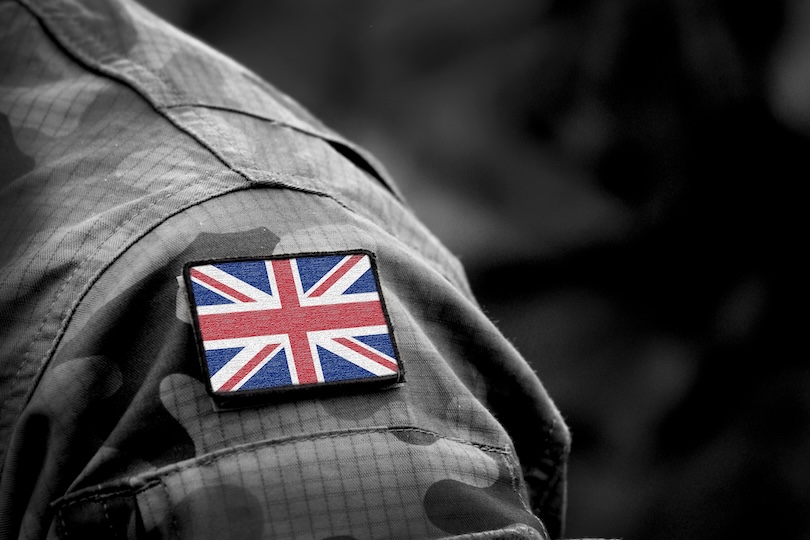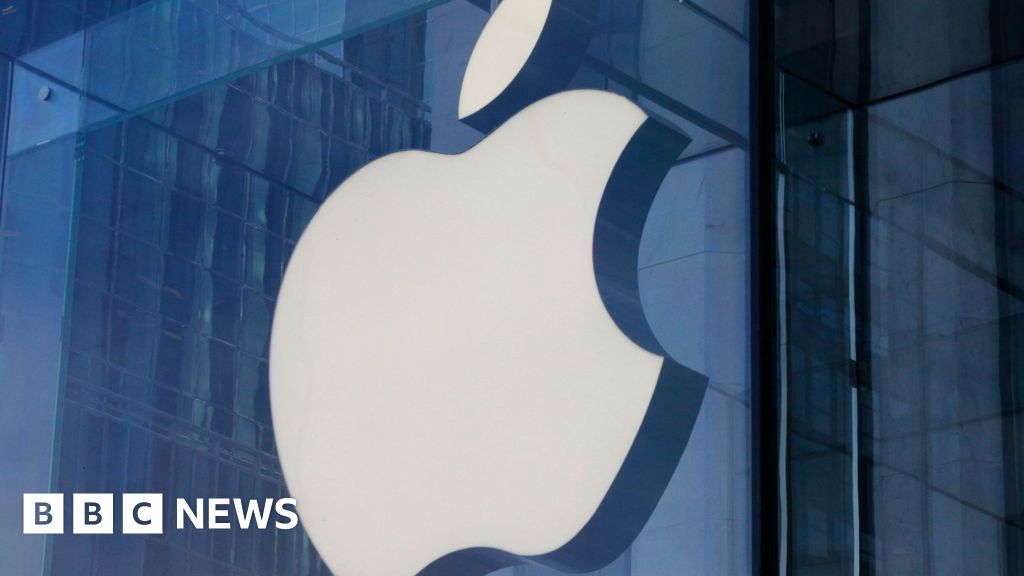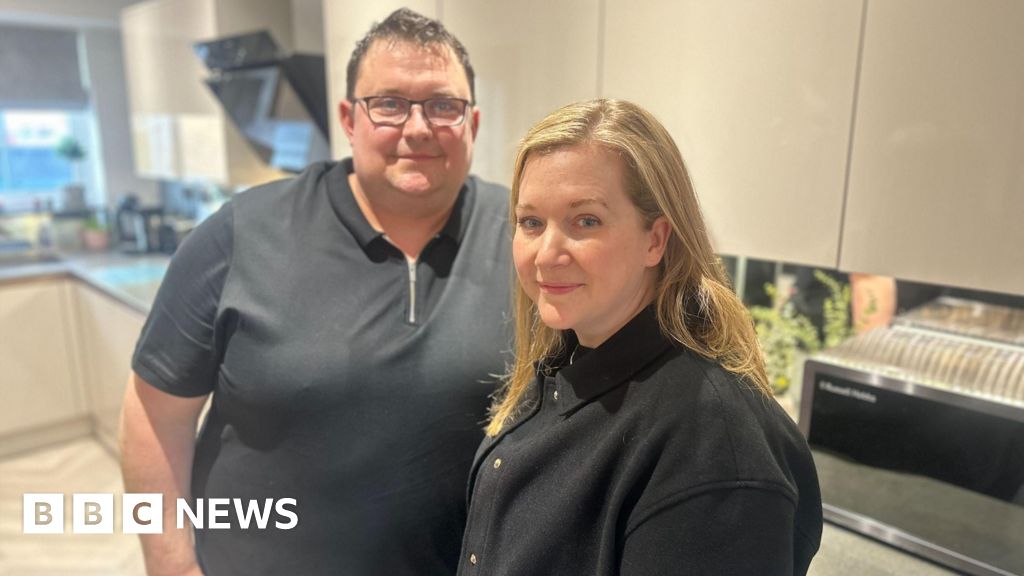UK inflation fell unexpectedly to 1.7% in the year to September, the lowest rate in three-and-a-half years.
Lower airfares and petrol prices were the main drivers behind the surprise slowdown, official figures showed.
It means inflation - the rate prices rise at over time - is now below the Bank of England's 2% target, paving the way for interest rates to be cut further next month.
September's figure is normally used to set how much many benefits rise, such as Universal Credit, next April.
Some benefits, by law, should rise at least in line with the pace of price rises.
This includes all the main disability benefits - personal independence payment, attendance allowance and disability living allowance - as well as carer’s allowance.
Chief secretary to the Treasury, Darren Jones, said the drop in the pace of price rises "will be welcome news for millions of families".
"However, there is still more to do to protect working people, which is why we are focused on bringing back growth and restoring economic stability to deliver on the promise of change," he added.
The Office for National Statistics said motor fuels and lubricant prices were significantly lower, dropping by 10.4% in September compared with the same month a year earlier.
Air travel costs also dragged down on the inflation rate, as lower air fares due to post-summer sales.
However, households were hit by a jump in food and non-alcoholic drink inflation, with stronger price increases for milk, cheese, eggs and fruit.

 Movie
Movie 3 months ago
73
3 months ago
73 






![Presidents Day Weekend Car Sales [2021 Edition] Presidents Day Weekend Car Sales [2021 Edition]](https://www.findthebestcarprice.com/wp-content/uploads/Presidents-Day-Weekend-car-sales.jpg)



 English (United States)
English (United States)